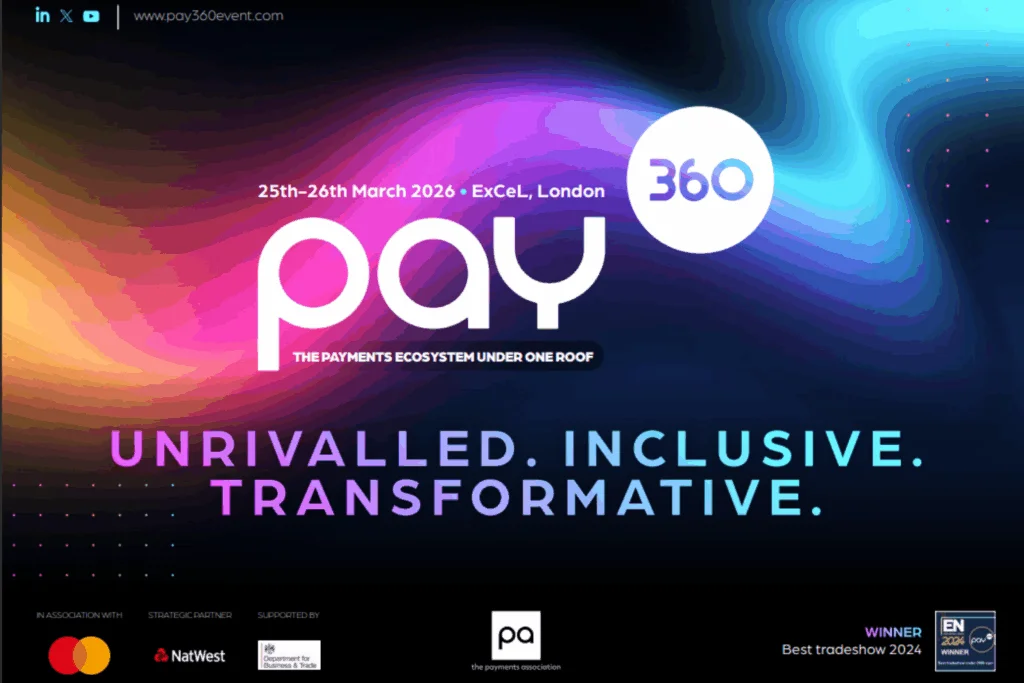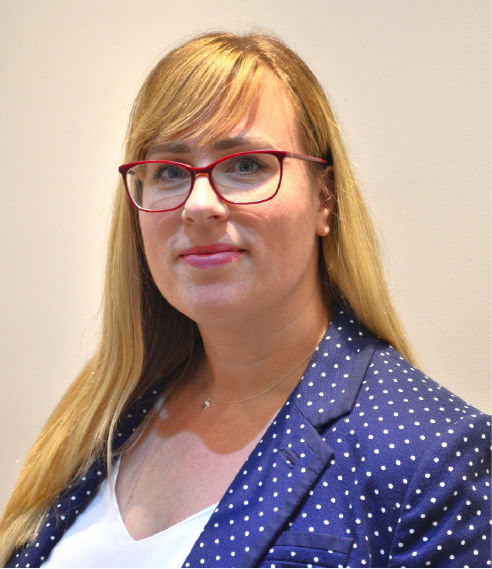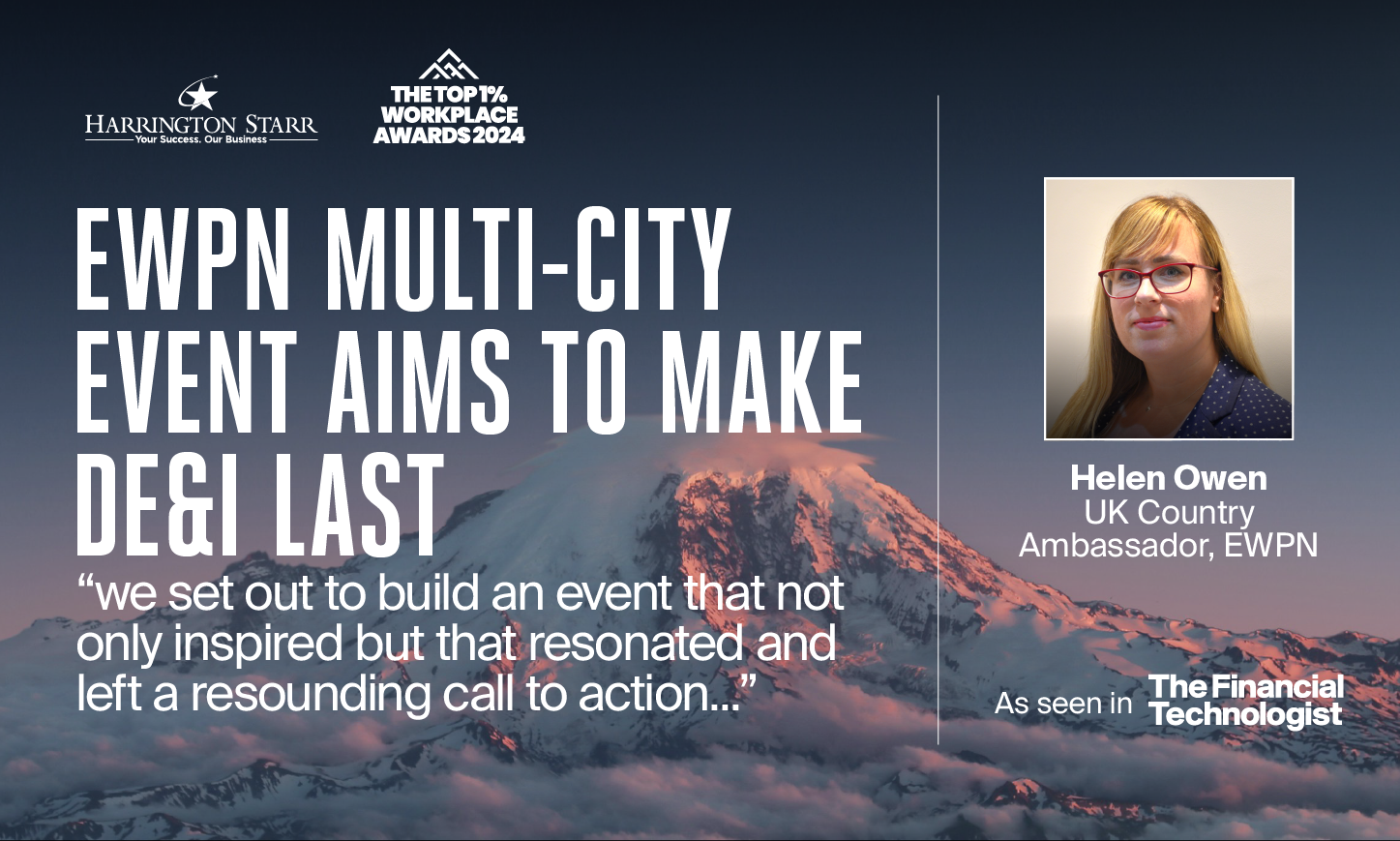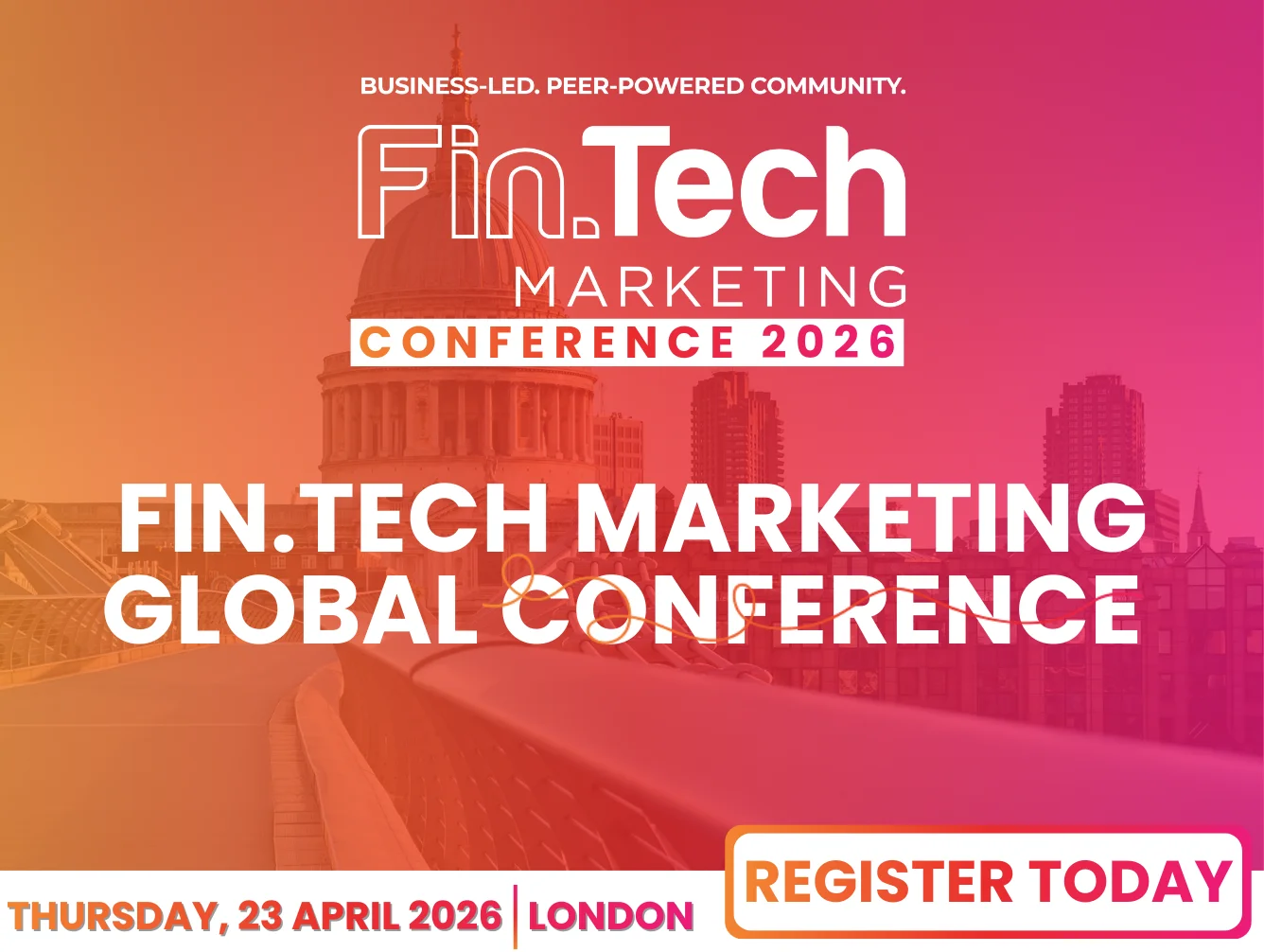
EWPN multi-city event aims to make DE&I last
On 16th October, The European Women in Payments Network (EWPN) hosted a uniquely innovative event; simultaneously held in four cities, but with a single anchoring call to action: to ‘Make it last’ when it comes to diversity and inclusion.
Established in 2015, EWPN is a purpose-driven movement of people working in fintech & payments who are committed to driving positive industry change. In addition to numerous local and online events throughout the year, EWPN hosts an annual conference. However, in recognition of a particularly challenging year in fintech, 2024 was the year the organisation switched things up a gear.
Walking the talk to drive lasting change
Svetlana Hoffmann, one of the newest members of the EWPN Executive Board, gave the opening address at the London hub event, and it perfectly summarised the intention and passion behind the multi-city initiative.
Svetlana explained, “We've challenged the traditional conference model, replacing a two-day event in one city with four dynamic afternoons across Europe. Why? Because if we want to champion diversity and inclusion, we need to walk the talk. Our theme is 'Make It Last,' and that's exactly what we're doing – creating lasting change by breaking down barriers to participation. This isn't about logistics. It's about a fundamental shift in the way we think. Think about it: how many great ideas have been lost simply because someone couldn't attend a conference? How many voices have stayed silent simply due to geography? Today, we're changing that narrative.
"Across four cities, we'll challenge assumptions, share experiences, and forge a path towards a financial services sector that truly serves everyone. This is more than just a conference. It's a call to action. A rallying cry for every one of us to become agents of lasting change. Because the future of financial services isn't something that happens to us – it's something we create, decision by decision, day by day – and every single one of us has a crucial role to play.”
More than just good intentions
We set out to build an event that not only inspired but that resonated and left a resounding call to action. It’s great to go to events that leave us feeling energised and enlightened, but when our aim is to move the dial on DE&I in a sustainable way, it was vital that we gave the delegates some practical steps they could take away and implement themselves, irrespective of their role, seniority, or company.
So across all four hubs, we aimed to do two key things. Firstly, to provide information on how each attendee and their company can contribute to change and secondly, to spread that information far and wide beyond those who weren't able to join in person. That’s why every conference session at each of the four cities was video recorded, and that content will be shared across channels and platforms to create a lasting hub of content that educates, informs and inspires as many people as possible.
Thanks to our supporters at Harrington Starr, we’re grateful that one of these platforms is this very magazine. And since I was hub lead for the EWPN London event, as a start point, I wanted to share some highlights and calls to action from some of the London-based sessions.
Embracing neurodiversity in the workplace
The London agenda kicked off with an opening keynote from Alex Hedlund, Head of Corporate Membership Services at the not-for-profit organisation, Neurodiversity in Business.
Alex explored the critical role each of us plays in fostering the neuroinclusive workplaces of the future and how the smallest changes we make in our daily lives can have the most significant impacts on our colleagues.
He started out by sharing a few interesting facts and stats on neurodiversity collected from their own primary and secondary research.
15-20% of the global population is neurodivergent (a term which encompasses a vast spectrum of neurotypes, including Autism, ADHD, Dyspraxia, Dyslexia and Tourette’s, to name a few).
- 1 in 100 people are estimated to be autistic.
- 1 in 10 people have dyslexia globally.
- 787% increase in autism diagnoses over two decades.
- 800% increase in prescriptions for ADHD medication.
This highlights the large proportion of neurodivergent people in the workplace, as well as among younger generations, whose view of the world and approach to work and communication might be different. We need to recognise and accommodate the needs of neurodivergent people, not just because it’s ‘the right thing to do’ but for several compelling business reasons:
Reaching untapped potential: Neurodivergent people bring a range of incredible talents to the workplace, including creative problem-solving skills, higher-than-average resilience, critical skills in detailed and design-oriented technical tasks and much more. There are many workplace studies that support and quantify this. For instance, a study via JP Morgan’s Autism at Work programme found that autistic employees were 48% faster and 92% more productive when properly supported in the right roles, while a Hewlett-Packard Enterprise project found that neurodiverse software testing teams were 30% more productive.
Improving employee retention: Employee attrition is extremely costly to any business. Research shows that 86% of employees prefer to support or work for companies that align with the issues that matter to them, and companies with high employee engagement see 21% greater productivity.
Strengthening ESG position: A strong commitment to ESG is becoming an expectation for most companies. Almost 60% of consumers report factoring a company’s purpose and values into their purchasing decisions, and it’s a well-documented narrative that investors and employees also value businesses firmly committed to ethical, inclusive and sustainable practices.
In terms of what businesses and individuals can do in the workplace, Alex shared the four dimensions of neurodivergent needs: sensory needs, communication needs, processing differences and social environment. These are all factors that need to be considered to effectively support neurodivergent colleagues. He also explained that there are seven key areas of focus for fostering neuroinclusion:
- Manager skills
- Career development pathways
- Built environments
- Social and cultural practice
- Benefits that matter
- Work policies
He urged that even as individuals, we can make small changes that help build a more supportive and nurturing working environment. It could be something as simple as asking a neurodivergent colleague what their preferred method of communication is, clearly managing expectations and cadence around meetings, or creating a low stimulus spot in the office that people can use if they are prone to sensory overload. Talking to our neurodivergent colleagues and understanding their challenges and needs is the place to start – and it’s something we can all do.
For those companies who want to dig into more depth on this topic, I highly recommend getting in touch with Neurodiversity in Business to find out more about their resources, recommended training partners, or how to join their FS Working Group. Visit neurodiversity.org for more information.
Whose responsibility is accessibility?
The next big topic on the London agenda was accessibility – and this was a topic echoed in a simultaneous session across the water at the EWPN Dublin event.
Kris Foster, Co-Founder of Project Nemo and OpenBook, took to the stage for an inspiring fireside chat with Miranda McLean, CMO of Ecommpay and Executive Board Member of EWPN. He talked about finding his path and his tribe – how creating Project Nemo has created huge impact in its mission to accelerate disability inclusion in fintech.
After watching a powerful video from Project Nemo, Kris’ key message to the audience was that inclusion and accessibility are “about more than programmes or policies. It’s about taking down the doors so that everyone feels welcome. It’s about creating spaces where we don’t have to mask and can be ourselves. I’ve fought for a seat at the table, but now I realise—it’s not just about sitting at the table. It’s about making sure everyone is invited.” He described Project Nemo as a pathway, a chance to build that future where everyone belongs.
Miranda then welcomed a panel on stage to explore our responsibility as an industry to support truly accessible payments experiences. Miranda led a dynamic discussion with the panel of fintech leaders, disability advocates, and regulatory experts to address the critical role businesses play in building accessible products and services. The panel explored the barriers faced by consumers, the importance of designing for all abilities, and the implications of upcoming regulations like the European Accessibility Act.
A key message that came through from the panel was that when we include everyone, things become inclusive and accessible by nature – because the different viewpoints and experiences of a diverse team will inherently drive solutions that are more inclusive and more effective at solving problems. Cressida Stephenson, CEO and Founder of EdenChase Associates, described this concept as “creating a self-perpetuating circle of brilliance” while Charlene Overend from Purple Tuesday made the point that diversity and inclusion can now make the difference between surviving and thriving as a business.
The last year or two has been a difficult one for many people, particularly in the fintech industry where redundancies, business failures, and challenging work environments have left a lot of very talented people out of work or having to forge a different career path.
That’s why we were delighted to include a live podcast session with Harrington Starr’s very own Chief Customer Officer, Nadia Edwards-Dashti, (who we’re also grateful to have on the EWPN Executive Board) recording a session for FinTech’s DEI Discussions podcast series.
In this session, we heard from three C-level women who have experienced a bumpy career path and shown personal resilience, refreshing honesty and open vulnerability along that path. In sharing their experiences and advice, we hoped to inspire and support those in a difficult career situation themselves, and also to raise awareness with hiring managers and recruiters that those with 'squiggly career paths' are often driven, resilient people who can add real value to their organisation.
The full podcast recording will be available very soon, and after receiving some enormously positive feedback from attendees who listened live, we’re looking forward to seeing the ripple effects of this important discussion.
These are just a handful of the multitude of presentations, panels and discussions that happened across the four EWPN events. We have much more to share, including the impact of AI, creating customer-first payment innovations, and VC funding for women as just some of the additional topics explored. Look out for the recordings and write-ups as we share them over the coming weeks and months!
To join EWPN, or find out more about supporting the organisation, visit ewpn.eu
By Helen Owen, UK Country Ambassador of EWPN.
Download your free copy of the latest Financial Technologist magazine here.






